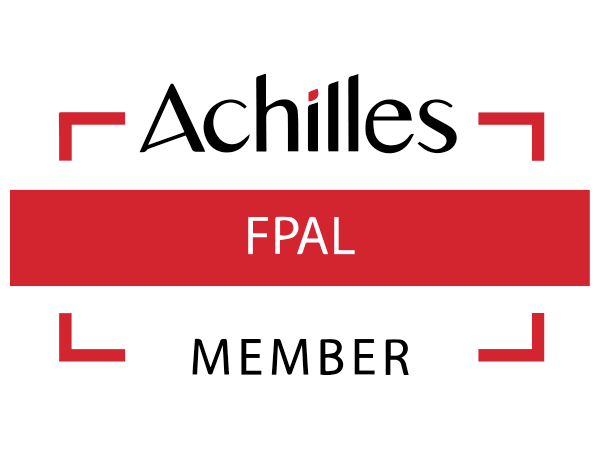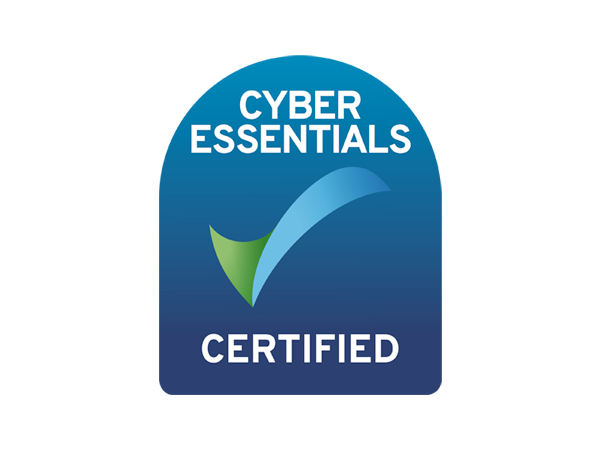Course Description:
This five-day course is an intensive exposure to the economics of oil and gas fiscal systems and how they constitute the key factors in the profitability analysis of petroleum reservoir assets.
During five days of the program, participants will learn (hands-on) how to resolve the cost recovery issues that are currently unresolved as a result of conflicts between the MOU provisions, the PSA, and the PPTA in respect of Production Sharing Contracts. Also, attendees will understand in-depth about other types of fiscal systems/regimes that are available in other oil & gas producing countries of the world.
The class sessions will be highly interactive and participants will require knowledge of Excel based spreadsheet. No previous working knowledge of Excel is required to attend as the first session is devoted to familiarization with Excel.
A review of the economic concepts of NPV, DCF, ROR and EMV will also form the basis before revenue and price sensitivity analysis vis-a-vis the fiscal provisions.

Course Contents:
- Overview of Exploration license requirements
- Oil & Gas License Bonuses
- Bonus Concept
- Bonus Types: Bidding, Signature and Production
- Bonus Types in Different Countries i.e. Indonesia, Malaysia, USA, Brazil, Qatar etc.
- Royalties
- Royalty Rates in Different Countries (Equatorial Guinea, Venezuela, Gabon, Yemen, U.S.A., Nigeria, UK, China)
- Fixed and Sliding Scale Royalties
- Royalties in Cash & In Kind & Implications for Revenue/Turnover Calculation
- R- Factor Royalties (Philippines, Peru)
- Volume Determination for Royalty Calculation
- Memoranda of Understanding: Comparison of both oil and gas (MOUs) from different countries)
- Petroleum Revenue Tax (PRT) Petroleum Profit Tax (PPT)
- Impact of PRT Vs PPT on Profitability: Pre-Tax & Post Tax Income
- PRT and PPT Rates In Oil & Gas Producing Countries Worldwide
- Other Features in Oil & Gas Taxation: Depletion Allowances, Tax Credits, the French Style Provisions and Severance Taxes
- Corporate Income Tax: Rates, Group Taxation, Ring Fencing
- Treatment of Interest
- Supplemental Petroleum Tax (Trinidad & Tobago)
- Tax Deductibles: Import Duty Excise Duty etc.
- The MOU / PSA and Cost of Capital Recovery (including cost of capital on Impairment Expense)
- The Petroleum Profit Tax, Petroleum Revenue Tax and Resolution of Conflict between Provisions of Other Legislations / Agreements
- E.g. Cost of Capital Recovery
- Tax Inversion & the Provisions of the MOU
- Conflicting Aspects of the Investment Tax Allowance (ITA)
- Oil & Gas Contract Types
- Joint Venture (JV) and Profitability of Operation
- Financing Options for JV Operations
- Carried Interest Concepts
- JV Progressive Tax Rates
- Profit Sharing Under JV
- Production Sharing Contract (PSC)
- Sliding Scales for Cost Oil & Profit Oil
- Cumulative Cost Recovery and Excess Cost Oil
- Variations in PSC Worldwide (Malaysia, Indonesia, Libya, Oman, Egypt, Iran, Nigeria etc)
- Exploration & Production Cash Flow Analysis under PSC
- R-Factor Production Sharing (Iran India, Peru)
- Service Contracts
- Global Service Fee System
- Service Fee & Buy-Back Provisions
- Hybrid Fiscal Systems
- Mixture of the Three Main Fiscal Systems in Different Multinational Oil Companies
- The Legal Framework of Oil & Gas Contract Types
- Profitability Analysis of Fiscal Systems
- Overview of Economic Concepts/Tools for Profitability Analysis (NPV, DCF, ROR, EMV)
- Economic Analysis of Oil &Gas Exploration & Production (Concession / Acreage Based Analysis)
- Exploration & Production Cash Flow Projection (JV and PSC)
- Sensitivity Analysis For Impact Of:
- Bonuses, Rentals, Royalties, Taxes, etc.
- Timing Of payment (Front End Loading Vs Back End Loading)
- Economics of Risk Sharing
- Geological Risk, Cost Over-runs, Reserve Risks And Price Risk
- Understanding Various Memoranda of Understanding (MOU) for Profitability Analysis
- Computation of Government Take And Comparison of Government Take in Different Countries.
- The Fiscal Regimes of USA Gulf of Mexico


Who Should Attend?
- Corporate Planners Petroleum Economists
- Financial Analysts
- Accountant
- Petroleum Engineers
- Geologists
- Chemical Engineers & Other Engineers
- Lawyers


